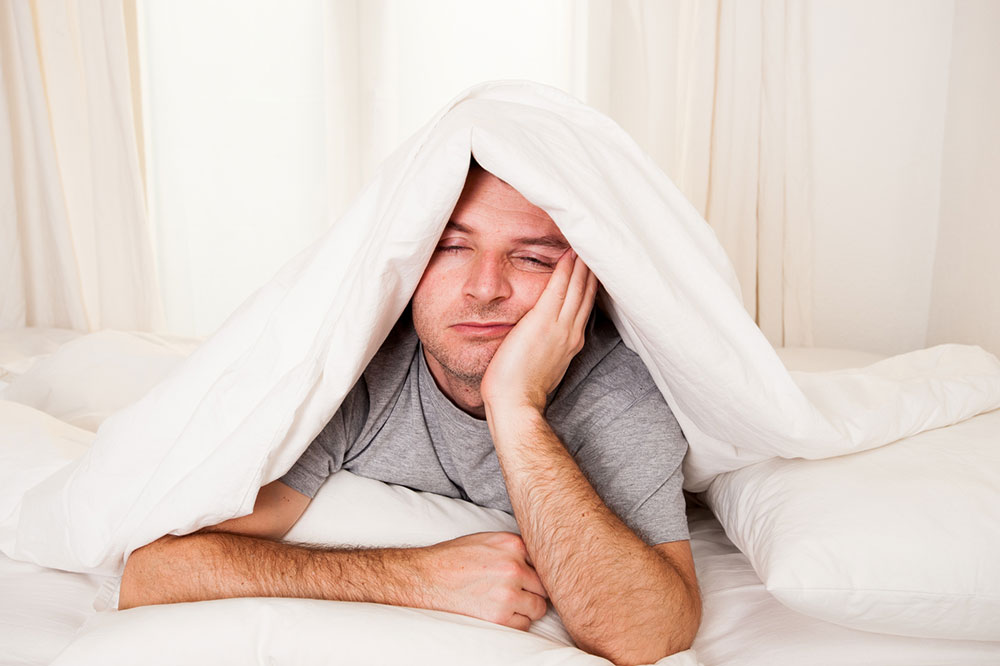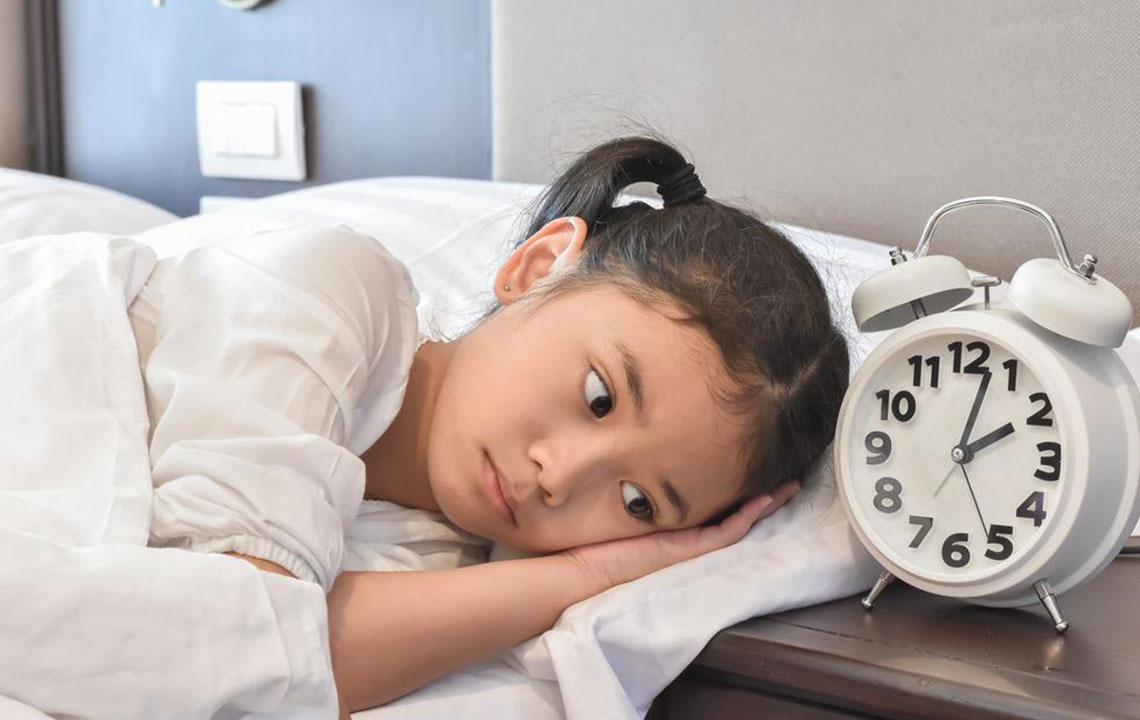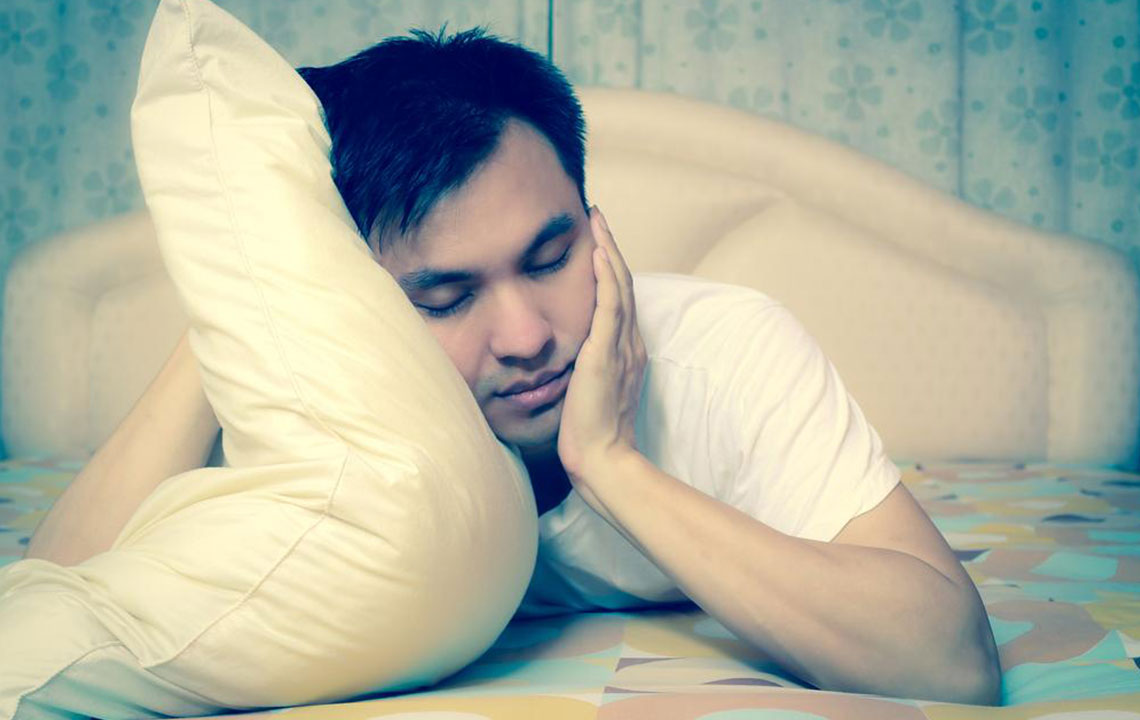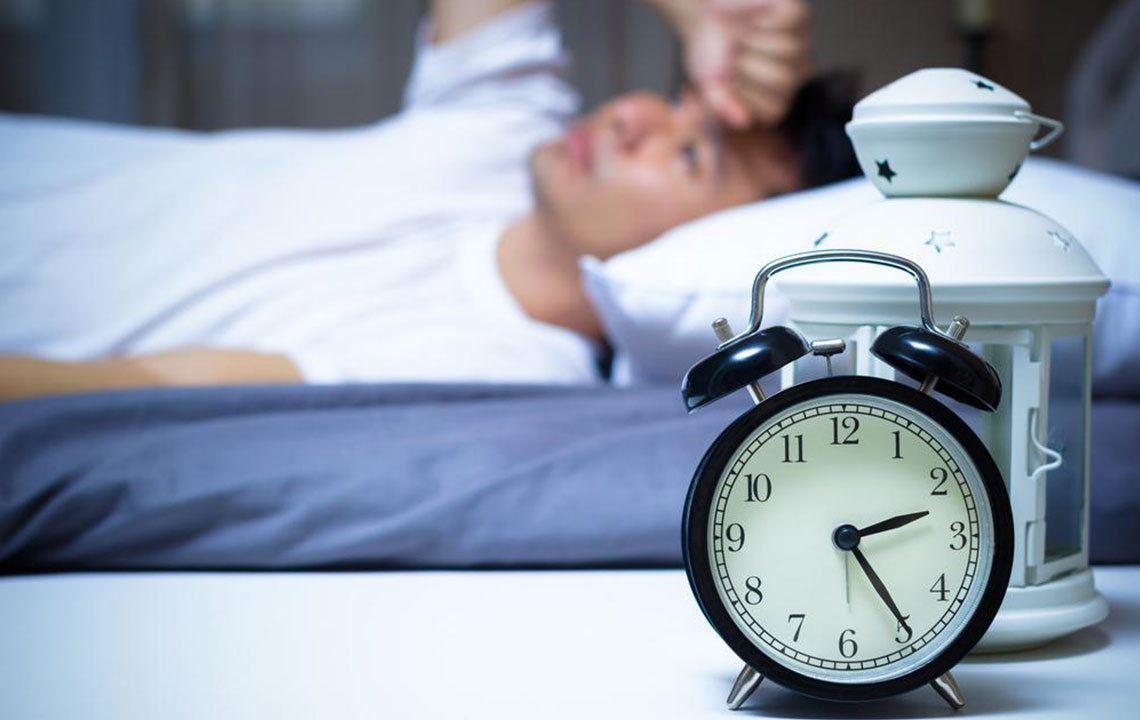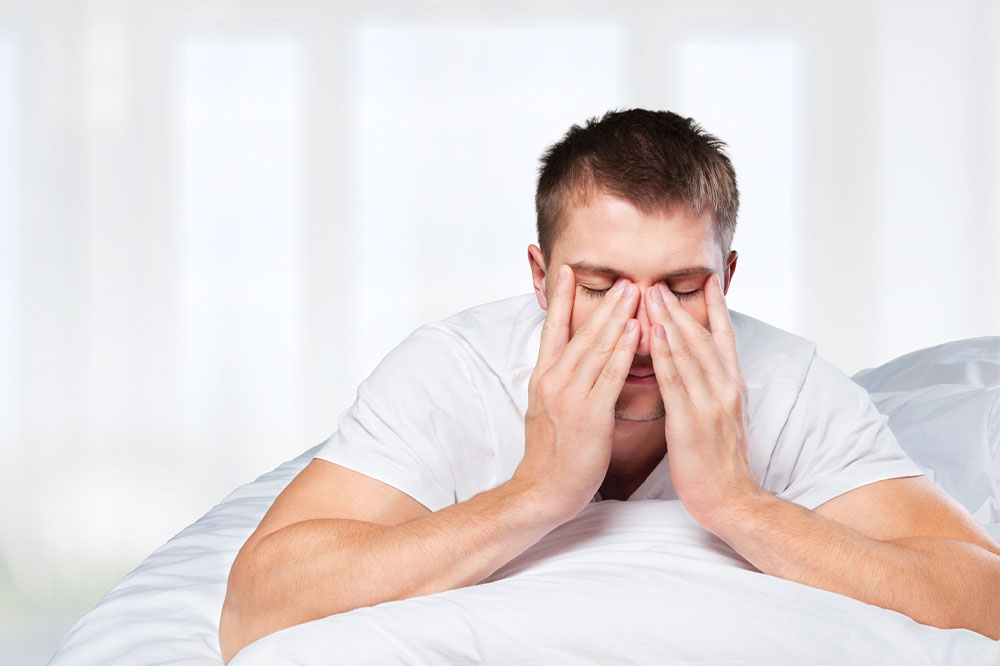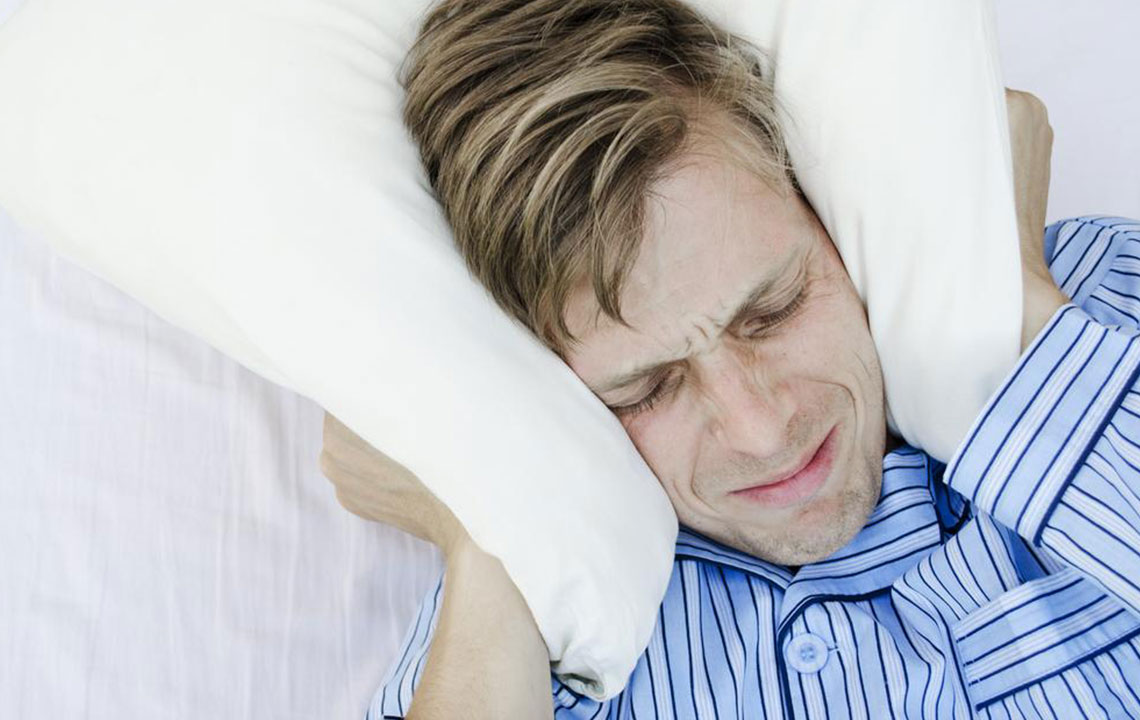Comprehensive Guide to Common Sleep Disorders and Their Key Features
This comprehensive article provides an in-depth look at common sleep disorders including insomnia, sleep apnea, restless legs syndrome, and narcolepsy. It explains their symptoms, causes, and effective treatment options, emphasizing the importance of early diagnosis and management to improve sleep quality and overall health. Learn how lifestyle adjustments and medical interventions can help overcome these sleep challenges and restore restful nights.
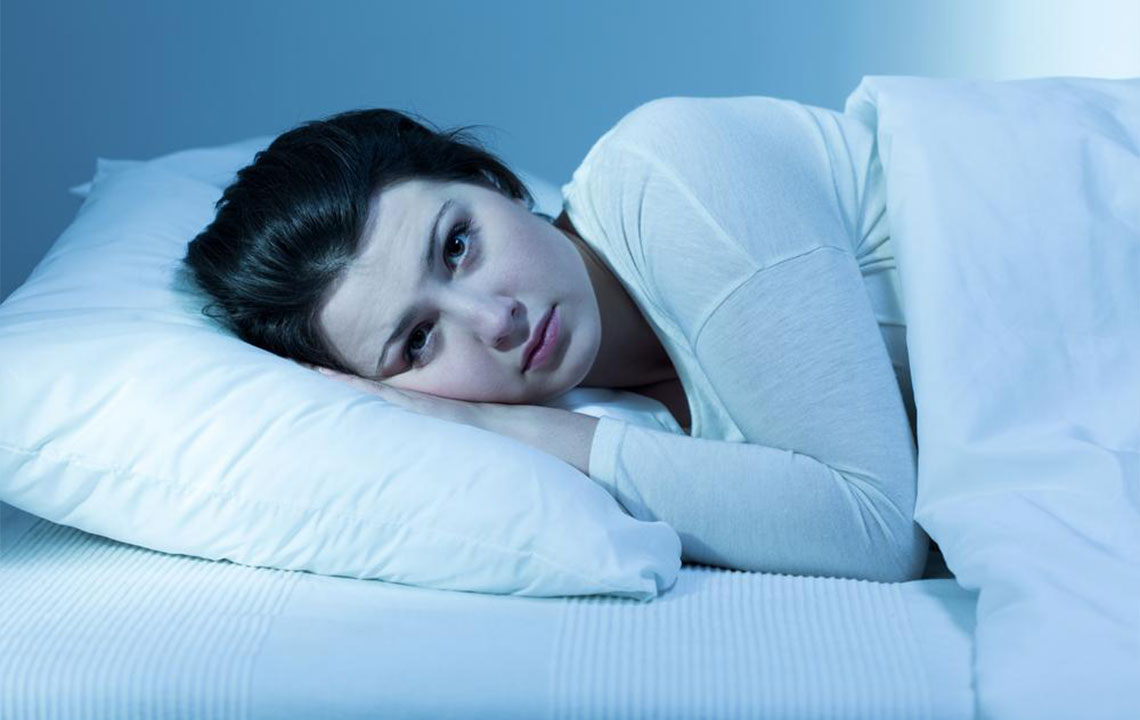
Exploring Typical Sleep Challenges and Their Characteristics
Sleep is an essential component of overall health and well-being, yet millions of people worldwide struggle with various sleep issues at some point in their lives. While occasional disturbances caused by stress, travel, illness, or irregular routines are common and often temporary, persistent sleep problems can develop into clinical sleep disorders that require medical attention. Chronic sleep disturbances can significantly impact physical health, mental clarity, emotional stability, and overall quality of life. Recognizing the signs and understanding the characteristics of common sleep disorders is vital for timely intervention and effective management.
In this comprehensive guide, we will delve into some of the most prevalent sleep disorders, including insomnia, sleep apnea, restless legs syndrome, and narcolepsy. Each of these conditions presents unique symptoms, underlying causes, and treatment options, and understanding them can empower individuals to seek appropriate help and implement lifestyle adjustments to improve their sleep quality.
Understanding Insomnia: The Most Common Sleep Complaint
Insomnia is one of the most frequently reported sleep problems worldwide, characterized by difficulty falling asleep, staying asleep, or experiencing non-restorative sleep despite sufficient opportunity and circumstances for sleep. People suffering from insomnia often wake up feeling unrefreshed and may experience increased irritability, difficulty concentrating, and fatigue during the day. The causes of insomnia are diverse and can include stress, anxiety, depression, lifestyle factors, medication side effects, or underlying health conditions.
The good news is that many cases of insomnia are manageable through behavioral modifications and improved sleep hygiene. Techniques such as establishing a consistent sleep schedule, limiting caffeine and alcohol intake, avoiding screens before bedtime, and practicing relaxation methods like meditation or deep breathing can significantly improve sleep quality. In cases where behavioral changes are insufficient, healthcare providers may recommend sleep studies or medications to address underlying issues effectively.
Sleep Apnea: A Serious Respiratory Disorder
Sleep apnea is a potentially life-threatening sleep disorder that involves repeated episodes of partial or complete obstruction of the upper airway during sleep, causing breathing to temporarily stop. The most common form, obstructive sleep apnea (OSA), occurs due to relaxation of throat muscles which block air passage. Central sleep apnea, less common, involves brain signals that fail to signal breathing properly. Symptoms include loud snoring, gasping during sleep, excessive daytime sleepiness, morning headaches, and difficulty concentrating.
Untreated sleep apnea can lead to severe health complications, including hypertension, heart disease, stroke, and daytime fatigue that affects personal and professional life. Diagnosis typically involves a sleep study (polysomnography) to monitor sleep patterns and breathing characteristics. Treatment options include lifestyle modifications such as weight loss, positional therapy, and the use of continuous positive airway pressure (CPAP) devices, oral appliances, or surgical interventions, depending on severity.
Restless Legs Syndrome (RLS): The Feelings That Keep You Awake
Restless legs syndrome is a neurological sensory disorder characterized by an irresistible urge to move the legs or arms, especially during periods of inactivity or at night. The sensations are often described as aching, creeping, tingling, or crawling feelings that become worse in the evening or night, disrupting sleep continuity. RLS can significantly impair quality of life, as it causes difficulty falling asleep or staying asleep.
While the exact cause is unknown, RLS has been linked to iron deficiency, dopaminergic dysfunction, kidney failure, pregnancy, and certain medications. Lifestyle modifications such as regular exercise, maintaining good sleep hygiene, and avoiding caffeine or alcohol can help mitigate symptoms. In more severe cases, medications that increase dopamine levels or address iron deficiency may be prescribed by healthcare professionals.
Narcolepsy: A Disorder of Excessive Sleepiness
Narcolepsy is a chronic neurological disorder characterized by overwhelming daytime sleepiness, sudden sleep attacks, and often disrupted nighttime sleep. Individuals with narcolepsy may experience sudden episodes of sleep during conversation, work, or other activities, which can be dangerous and embarrassing. It is frequently accompanied by cataplexy—sudden muscle weakness triggered by strong emotions—hallucinations, or sleep paralysis.
The condition results from a deficiency of hypocretin, a neurotransmitter involved in regulating wakefulness. Diagnosis involves sleep studies and measuring hypocretin levels. Managing narcolepsy usually requires a combination of medications to improve alertness and regulate sleep patterns, along with lifestyle adjustments such as scheduled naps and good sleep hygiene practices. Although there is no cure, proper management can significantly improve quality of life for affected individuals.
In summary, sleep disorders are widespread health challenges that can compromise physical health, mental clarity, emotional stability, and overall life satisfaction. Early identification and targeted treatment are essential for restoring quality sleep and maintaining optimal health. If you experience persistent sleep issues, consult healthcare professionals for proper evaluation and personalized treatment strategies to enhance your sleep and well-being.
